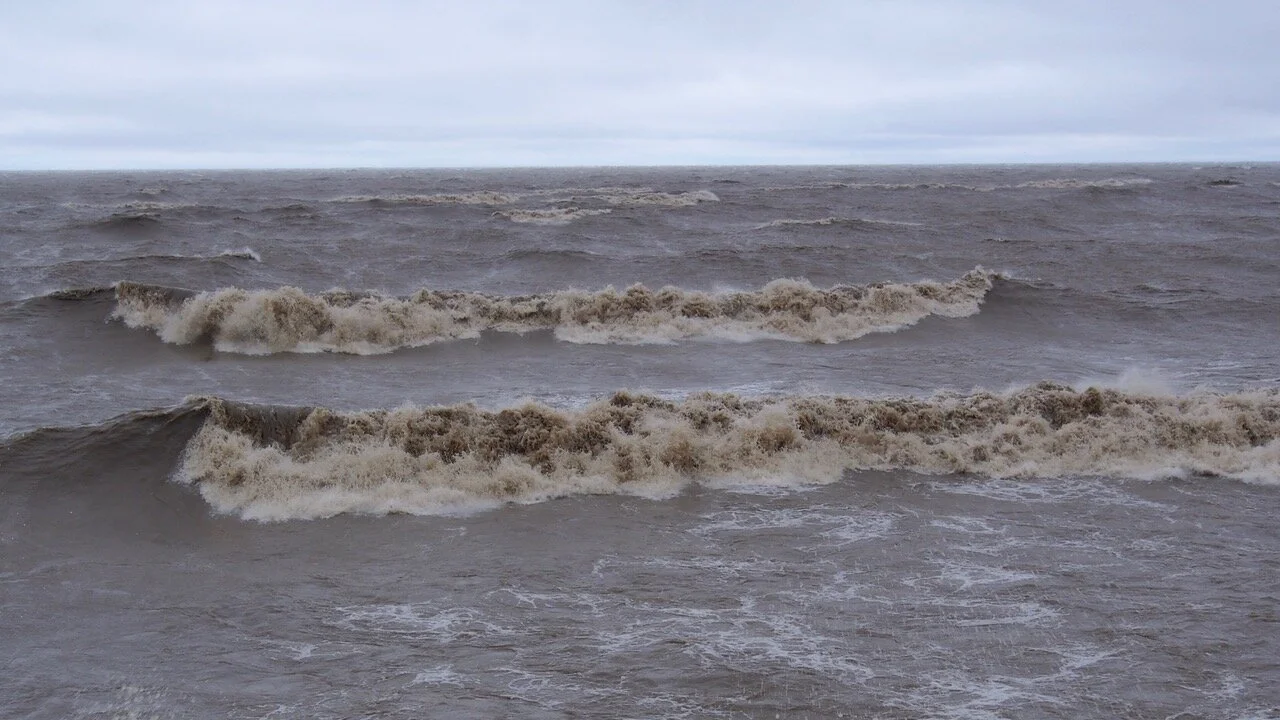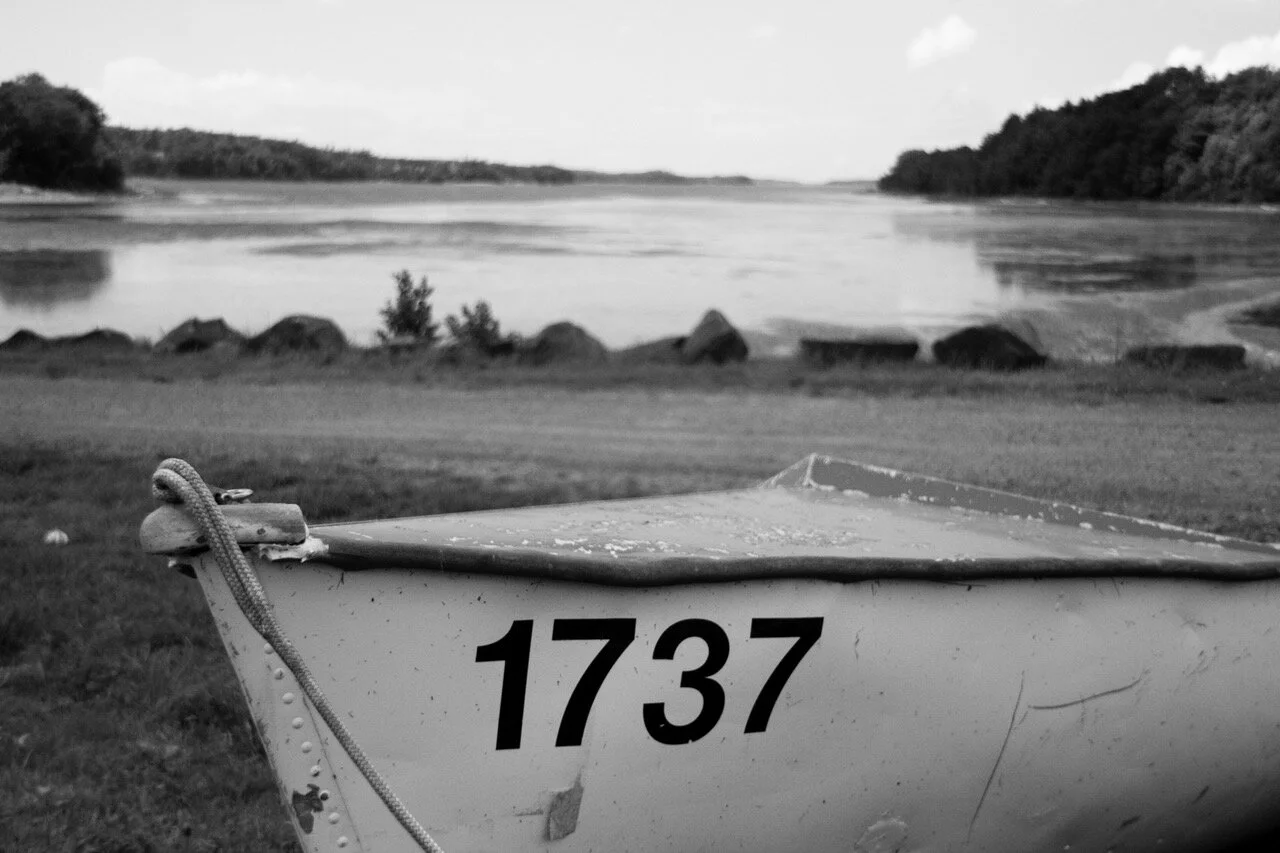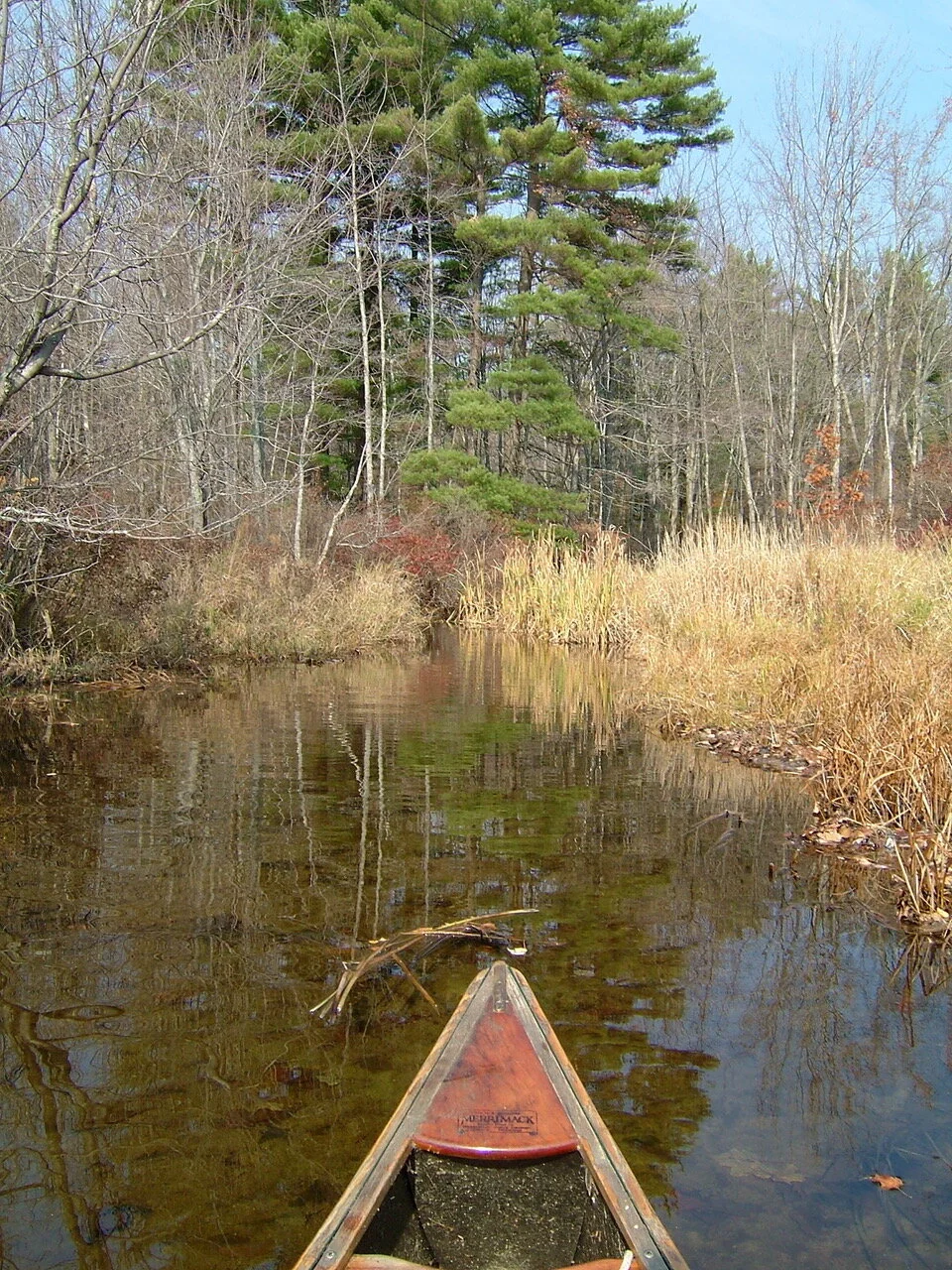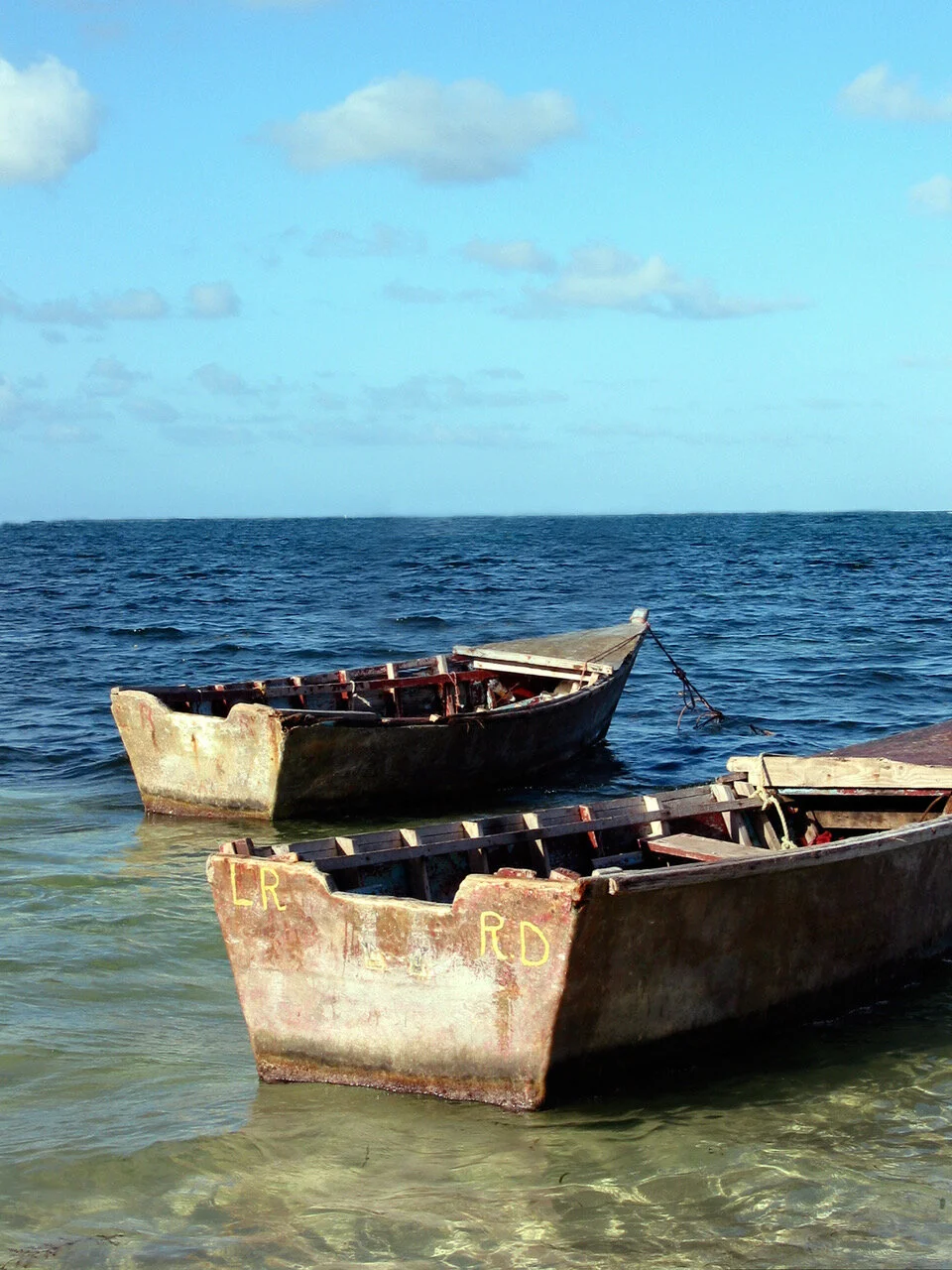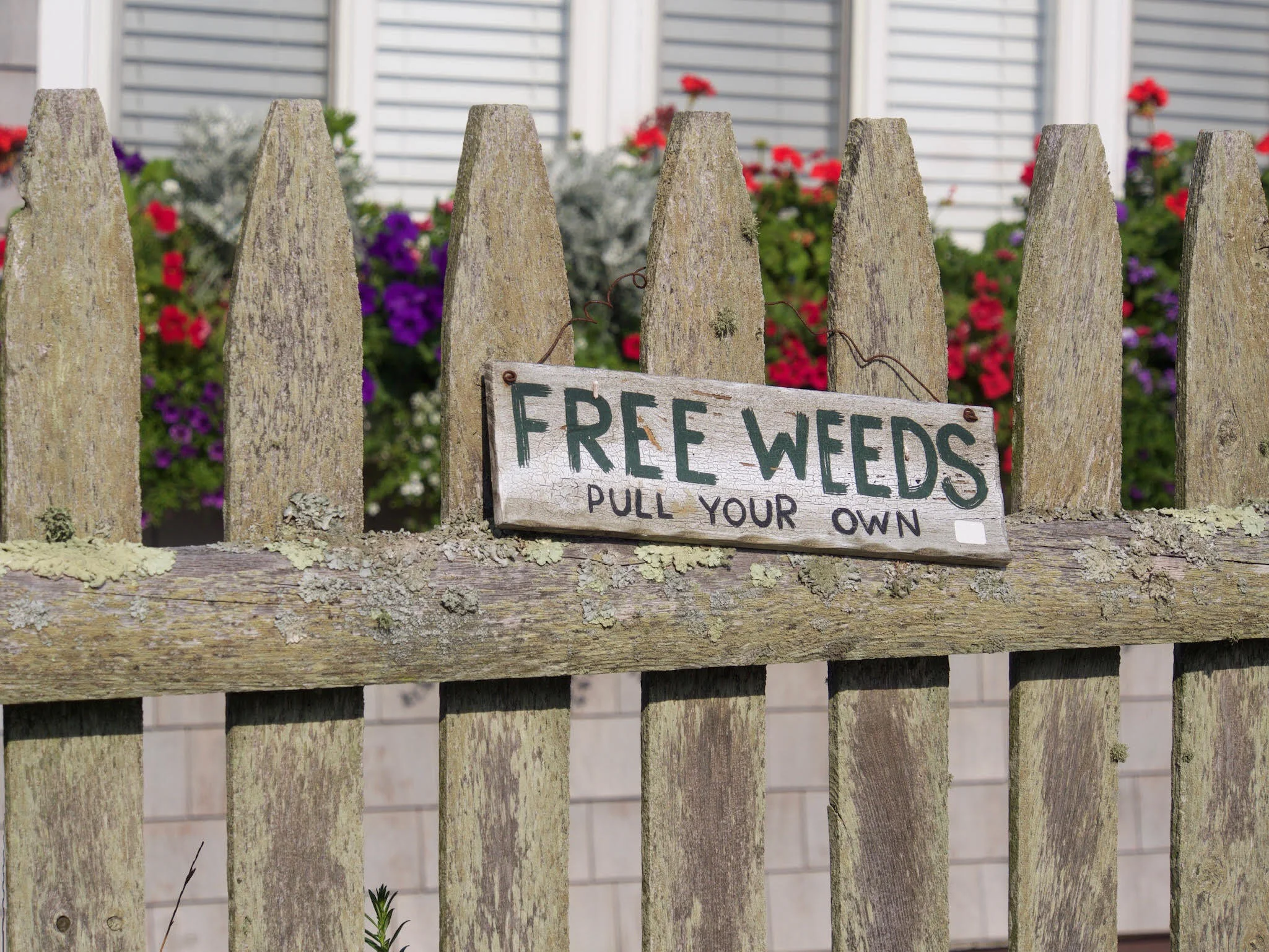Crossing to the Other Side
Matthew’s account of Jesus walking on water (Matthew 14.22-33) is a simple story that, like much of the Bible, has several layers of meaning. Jesus told his disciples to “cross to the other side.” They launched the boat, and Jesus went off to pray. Then the waters got rough. The disciples saw Jesus walking on the water across the waves toward the boat and thought him to be a ghost. But Jesus insisted that he was not a figment of their imagination.
When Peter put Jesus to the test, Jesus called Peter’s bluff and invited him into the water. Peter got out of the boat and walked toward Jesus. The wind came up, though, and Peter got scared. He started to sink. With an outstretched arm, Jesus caught him, saying, “You of little faith — why did you doubt?”
I really like this story, especially the opening line: “Jesus made the disciples get into the boat and go on ahead to the other side.” Have you ever been told to go to “the other side,” to take a risk, to leave your comfort zone, or to experience life from another perspective?
That is precisely what Jesus asked his disciples to do. He told them to cross the water, to journey to a foreign land, an unfamiliar place. He also sent them alone, promising to meet them on the other side.
That, my friends, is what’s happening to many of us now.
Together, the COVID pandemic, the economic crisis, and the socio-political upheaval of our times are challenging us to go to “the other side,” with the promise that God will be with us on what seems like a dangerous crossing and will meet us on what might feel like a distant shore.
Significant crossings are difficult and fraught with danger and challenge. When we cross to “the other side,” we may encounter external danger, but the real danger is that we are confronted with our true nature, facing directly into our own fears and moving through them, not around them.
That’s what the Black Lives Matter movement is about for white people. We are called to go to “the other side” and acknowledge our whiteness and our white privilege, to face the systemic, structural racism we have imposed upon our brothers and sisters of color. And in facing both our white privilege and our nation’s systemic racism, we are called to confront not only the hate, bias, inequities, danger, and pain that black and brown people have faced in a racist society but also the internal racism that we hold in our bodies and souls.
The Black Lives Matter movement calls white people to face our own demons.
When we cross to the other side, we journey like a submarine down into the deep water toward the confusion, chaos, and doubt of our brokenness. Yet in such crossings, we discover our wounds enveloped by the healing waters of compassion. In the depths of our internal doubts and fears, we find the love that will not disappear or die.
Isn’t that what’s happening during the journey of these days as we face confusion, chaos, doubt, and fear?
In Matthew’s story of crossing to “the other side,” there are lots of wind and waves. This seems so appropriate for our times because we are indeed sailing in very stormy and rough waters. Like many of you, there’s a part of me that is frightened. I fear getting COVID or giving it to someone I love. I worry about the economy, the food supply, and the environment. I’m concerned for the future of organized religion, education, small business, art, and music. And I am scared of a president who seems out of touch and out of control.
However, though I’m frightened for our nation and for the rest of the world, I’m also hopeful. It’s as if we’re on the precipice of something new and exciting. I believe that we are poised in a moment of reset, re-calibration, and re-alignment, standing on the edge of a new beginning. This crossing--as painful and frightening as it has been, still is, and will continue to be in the coming days--is nonetheless essential for human wellbeing, perhaps even for the survival of our world.
A new world is being created in the rough waters of this time of pandemic and upheaval. God is inviting us not only to cross to the other side but also to get out of the boat and wade into the troubled and scary waters.
I ask you, then, to think about how you might offer hope to this frightened world. How might you be a sign of God’s promise? How might you demonstrate in word and action that you are a person of faith--faith in the goodness of creation, faith in the beloved community, and faith that when we walk with God in justice, kindness, and humility, together we can do more than we could ever imagine?
Seize this moment as a gift to be shared, knowing that in God life is understood and makes sense; that your life is accepted with all of its hope, all of its promise, and all of its challenge; and that you have the courage to face whatever you have to face, today, tomorrow, and then some.
